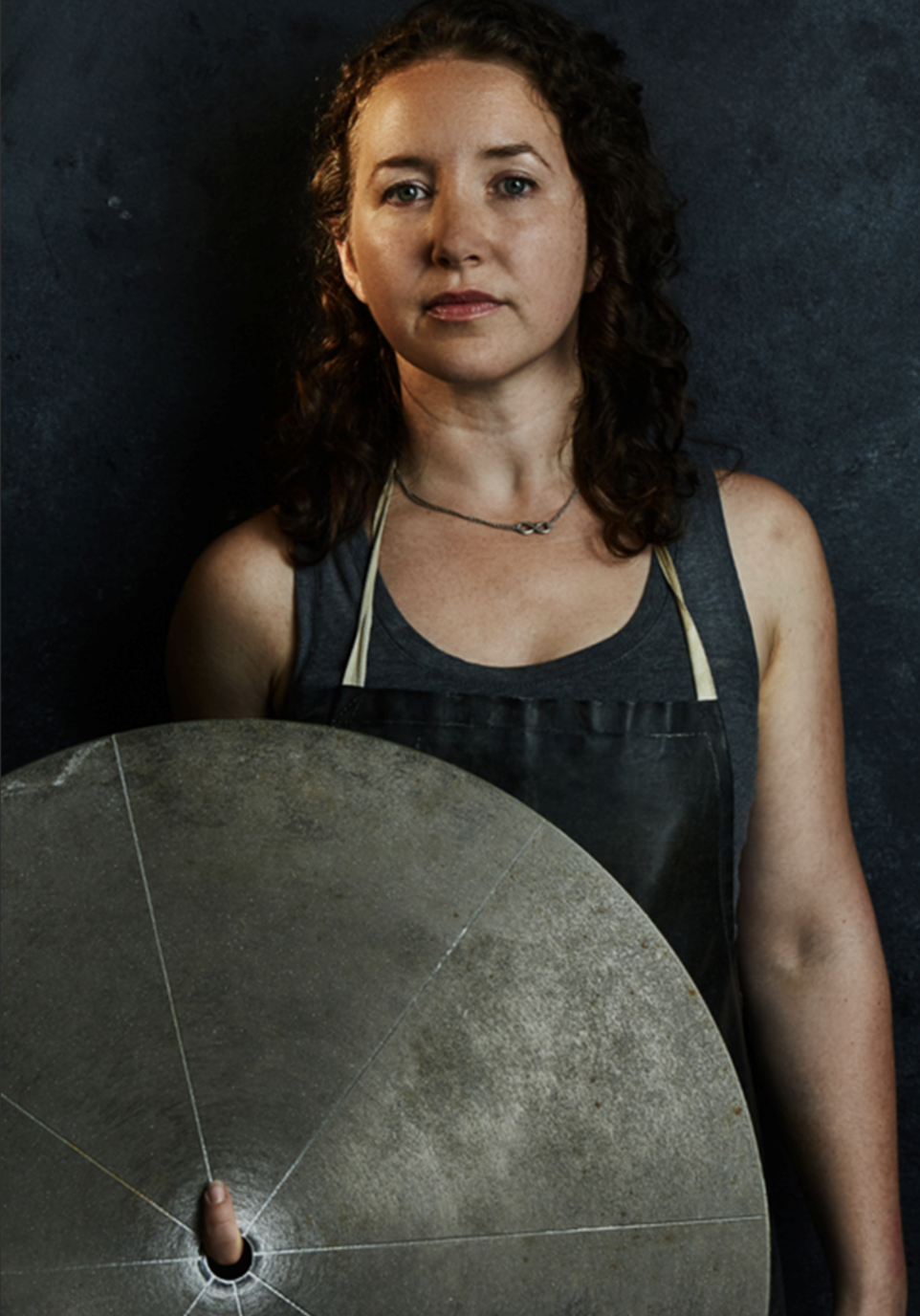Danielle Ruttenberg is the Co-Owner and Co-Founder of Remark Glass, based in Philadelphia. With a passion for sustainability and social impact, she leads her business with a commitment to a triple bottom line approach that prioritizes people, planet, and profit. Under her leadership, Remark Glass transforms recycled materials into beautiful products while actively working to reduce waste and promote a circular economy.
Danielle is also dedicated to empowering local businesses by creating access to resources like retirement benefits for firms that typically lack such opportunities. Her innovative vision and community-focused initiatives highlight her belief in the power of design and entrepreneurship to address environmental challenges and foster meaningful change.
Click here to listen to full podcast
Chris Santomassimo: I’m your host, Chris Santomassimo from OGC Solutions and I’m here today and very excited about it with Danielle Ruttenberg. Danielle is calling in from Philadelphia and she is the Co-Owner and the Co-Founder of Remark Glass. So welcome to the podcast.
Danielle Ruttenberg: Thank you so much for having me.
Chris Santomassimo: It’s a pleasure, you know, in particular because one thing I love about these podcast conversations is the opportunity to speak with entrepreneurs such as yourself that are not only doing really interesting work, but have a mission and then are also, you know, doing some things ancillary to their business to solve a problem. And so just a little bit of a teaser, in addition to your business at Remark Glass is some of the interesting things you’ve done in your business community to provide retirement benefits for companies, firms that usually wouldn’t have the same type of access if not for the organization that you’ve done?
Danielle Ruttenberg: Yeah, absolutely. We really look at our model to be a triple bottom line model where we’re talking about our people having quality jobs, our planet, reducing the amount of waste that we’re looking at and, and looking as a design opportunity rather than just trash. And then also, of course, bringing money into the circular economy and taking that trash, bringing value to that and then creating value in our local environment.


Comments are closed